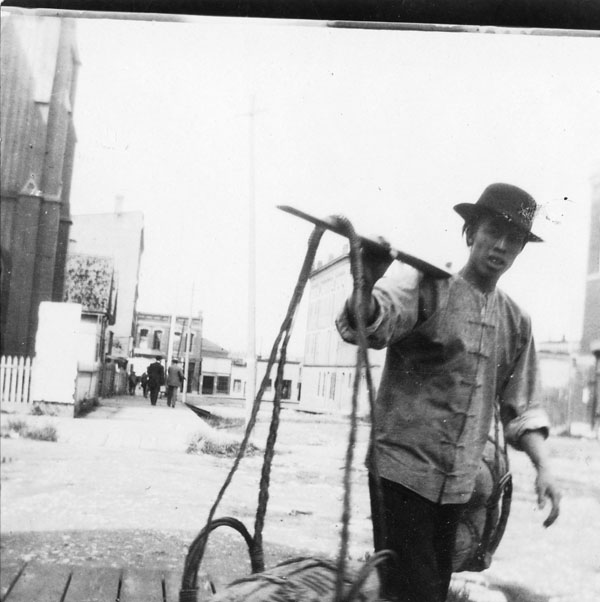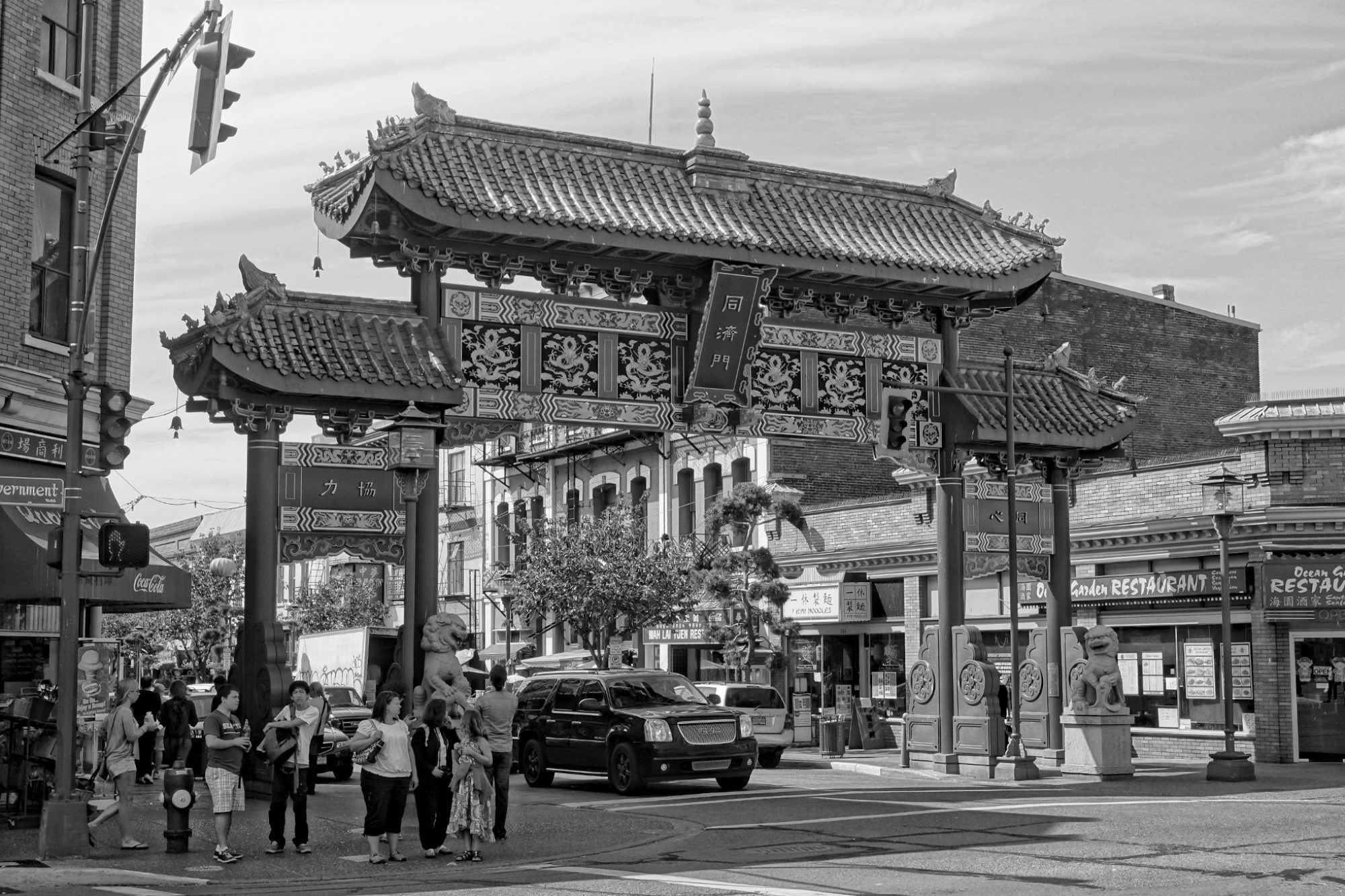How does laundry work related to the context of racism as the time, especially since anti- Chinese stereotypes often associated them as “dirty”.
The prominence of Chinese men working in the laundry service created a largely influential stigma within western perception about their “womanly” and “Dirty” characteristics. There has been a long standing history of discrimination and stereotypical generalization of the Chinese culture. The new influx of Chinese workers migrating mainly from the Guangdong province to North America for the California Gold rush produced a hate towards these foreigners. The racist perceptions that form about Chinese workers can be traced back as far as the 16th c. When Western missionaries and traders wrote back on their experiences in China. They where described as “despotic… Chinese people portrayed as immoral, godless pagans.” These writing where quickly implemented into society as it birthed the racist stereotypes that still last to this day. In addition to this legislatures where eventually produces that disadvantaged the Chinese, they had not been allowed to engage in the mining operations at the same extent as the westerners. This pushed them to look for other jobs, after more racial discrimination at manufacturing factories or logging services, these Chinese reverted to the only other options available. Some began to work as domestic servants who performed the duties of cleaning and drying laundry. Others went into the highly concentrated and Chinese business of the laundries.
Traditionally men did not do laundry in China, because it was largely regarded as a Women’s job. This perception was common around the entire globe. So when thousands of Chinese laundries where set up and run by only males, this produced the obvious thought that they were effeminate. They had taken over an industry that was meant for women. In addition to this, they were not assimilating well into the western culture. Proud of their own culture they wore long silk robes, had ponytails and practiced there traditional language and cultural norms. This was another aspect used to discriminate and mock the male Chinese population as womanly. Further adding to this stigma was the fact that Chinese men were largely unseen in North America. Some had families and wives back home, but all worked and lived among men, rarely having sexual interactions. This only further added to the western perception at that time of their emasculated and desexualized nature.
Anti Chinese sentiment had been seen in the West for a long history as many diplomats, traders and missionaries who dealt with China gave unflattering accounts of their customs, values and people. Writings such as these would instil heavily negative stereotypes. For example, Cantonese merchants were depicted as shrewd and cunning. While the Chinese were portrayed as “immoral, godless pagans of inferior racial stock breaking exotic and loathsome disease.”Initially racism and prejudice toward that Chinese was not as strong as it would become in the late 1800’s. Before the large scale arrival of the Chinese people many viewed them and their country with interest and curiosity. China’s achievements had been respected since the time of Marco Polo and goods such as silk and tea were prized possessions in the Western world.
Aspects of Chinese life such as their culture, technology, and art had been admired by the upper class. Although things such as these were respected the Chinese would never be fully accepted in North America. The Chinese in the United States were denied rights such as exerting political influence, marrying whites, testifying against whites and paid taxes for working in major occupations such as the laundries. Although many found interest in the differences of the Chinese many took advantage of this by promoting this culture for North Americans to gawk at.
The use of Western stereotypes of associating a certain way of life that is not similar to their own as wrong or immoral is one of the ways that racism would come to the Chinese. Characterizing laundry work as a feminine work would only add the pressures of working as a chinese person in North America.
(Lung, John. Chinese Laundries: Tickets to Survival on Gold Mountain. Yin & Yang press: 2007)
